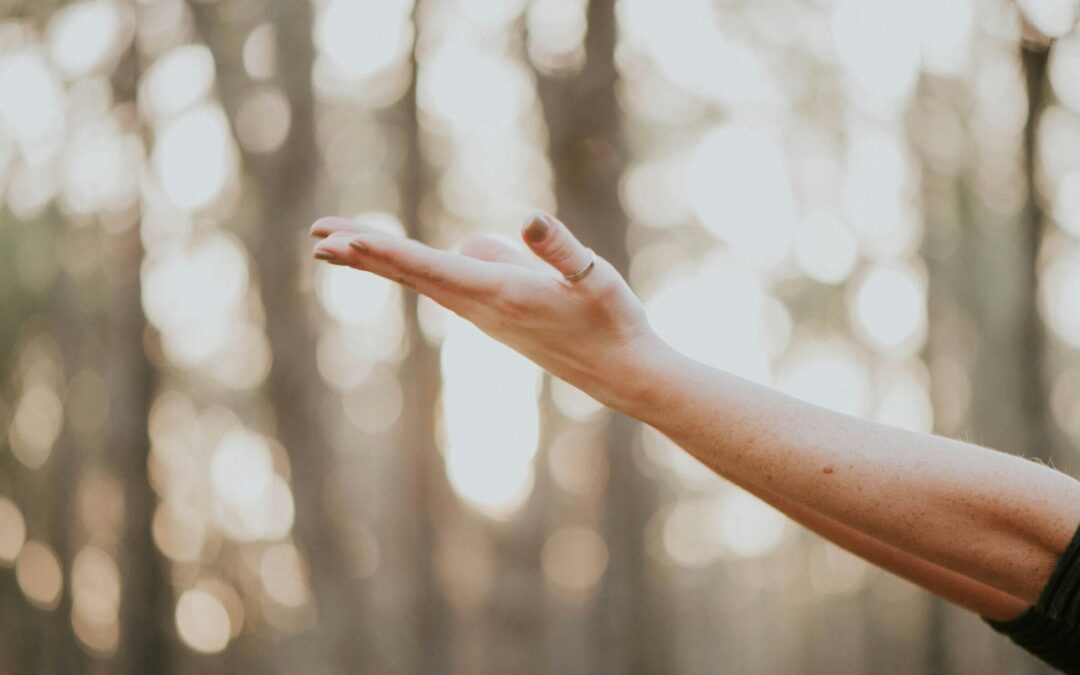our blogs
Current Post

The Next Battle for Veterans: Mental Health
Emma Forner,
Insight Clinical Counseling and Wellness, LLC
Each year on Veterans Day, we commemorate and celebrate America’s Veterans for their patriotism and willingness to serve and sacrifice for our freedom. Throughout history, millions of Americans have selflessly served our country, and continue to lead communities upon their returns home. However, their battles do not stop when their feet hit U.S. soil, as their invisible wounds often go unaddressed.
A Difficult Transition
Nearly 200,000 U.S. citizens transition from active-duty service to civilian life each year. The transition back to civilian life is no easy feat. Life’s transitions are overwhelming for all of us, but they can be immensely burdensome for Veterans, as they are required to quickly reorient themselves to all of life’s domains: employment, finances, housing, social supports, and health.
Service members can experience a myriad of effects to their mental health including Post Traumatic Stress Disorder (PTSD), depression, and Traumatic Brain Injuries (TBI) – just to name a few. Yet, less than 50% of returning Veterans receive help. In turn, we see higher rates of suicide and an increase in substance use. Which may lead you to wonder, why might this be?
Barriers to Seeking Help
Veterans face barriers to seeking mental health treatment, including stigma, shame, lack of understanding, and limited specialized providers. Service members are so used to being surrounded by a culture of self-reliance and strength that they may try to bury emotional challenges to avoid feeling what they perceive as “weak”. In addition, hesitancy to seek help may stem from fear around being labeled by harmful stereotypes or perceived implications to their careers.
How many of you have ever struggled to ask for help? I know I have. For Veterans, asking for help is a major barrier to addressing their mental health concerns. Mental health treatment options may be foreign to some of our service members, as well. They may lack education around the resources that are available to them, and struggle to navigate potential treatment options. Even if Vets are aware of their options, it can often feel like a struggle to find a clinician who understands their specific needs and unique lived experiences.
What Can You Do to Help?
The most important thing to assist our Vets with combating these barriers is to ask how they are doing and to listen non-judgmentally. As a community, we can increase awareness around the importance of seeking help. I encourage all of you reading this to have a discussion on military culture and the specific risk factors that plague service members, and to familiarize yourself with available mental health resources. The combination of these efforts will create a space for Veterans and active-duty service members to begin their journeys toward growth and healing.
On this Veterans Day, let us thank those who have served our country in the past and those who are currently traveling or stationed overseas. Together, we can remind our Veterans and active-duty service members that they do not have to suffer alone.
Latest Posts

What is OCD and How Do We Treat It?
When we hear that someone has an obsessive-compulsive disorder (OCD) diagnosis, we often think this means they are very clean and like to wash their hands! Although these symptoms can be true for some individuals experiencing OCD, this is also a very limited perspective. First, let’s break this down by getting into the obsessions, then the compulsions, how they work together and lastly, what OCD treatment looks like.

Coercive Control: The Hidden Domestic Violence
When most people hear about intimate partner violence (IPV), thoughts of physical abuse usually come to mind. However, another insidious form of abuse, coercive control, is often overlooked since the scars are not always visible. Some coercive controllers are physically violent, while others are not.

You Don’t Have to be a Monk to ‘Meditate’
So many of my clients have shared with me that meditation (mindfulness) coping skills ‘Don’t work for me!’ or ‘They make my anxiety worse!’ or ‘I could never sit and think about nothing!’ Maybe you can relate? For most of us, when we think of meditating, we think of a monk sitting cross legged on the floor experiencing a state of quiet and focus. Honestly, that’s what comes to my mind too.
Our Locations
Request Appointment
Contact

Copyright © 2025 Insight Clinical Counseling & Wellness, LLC. All Rights Reserved.

Our Locations
follow us
Instagram
Facebook
LinkedIn
